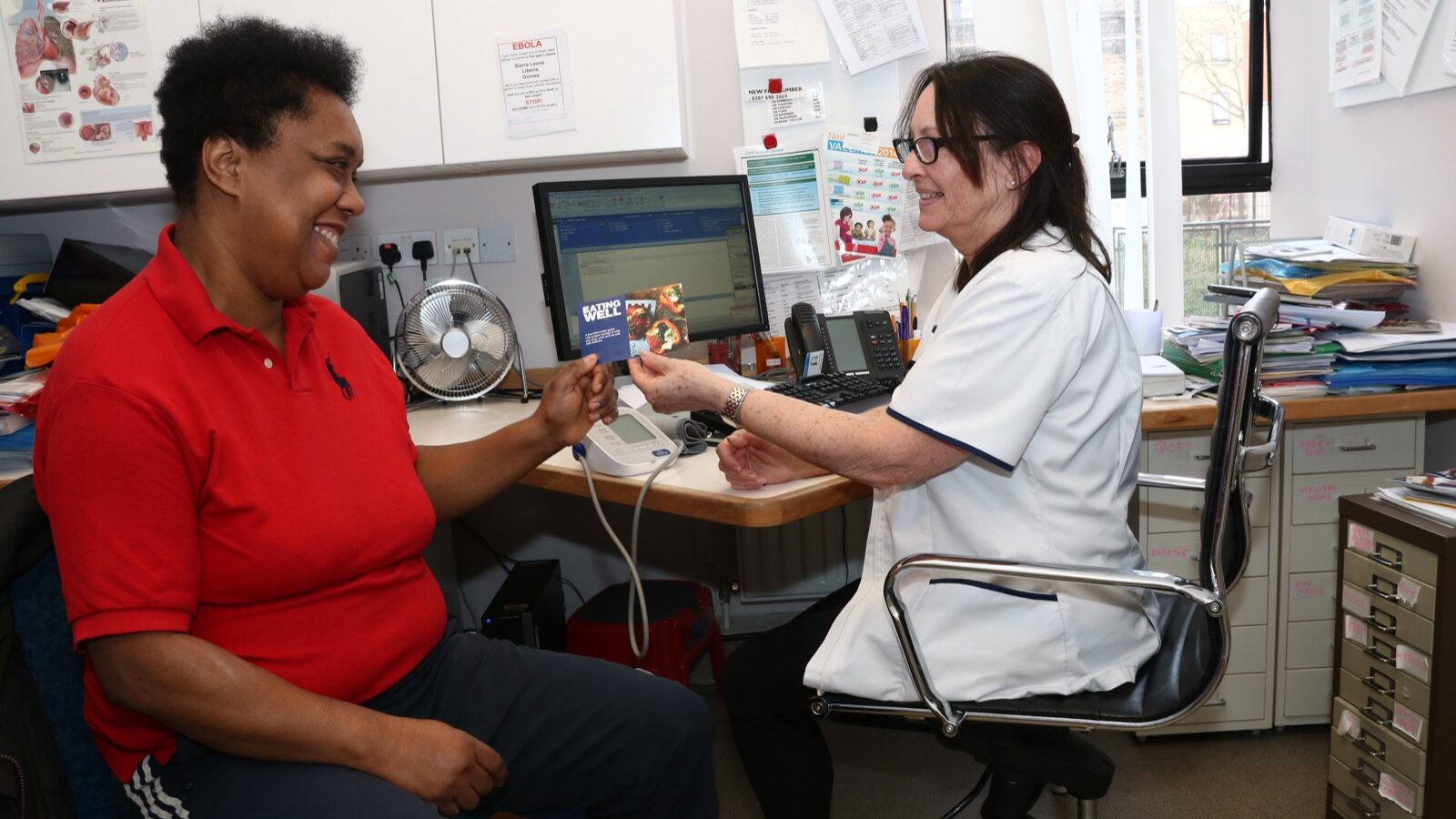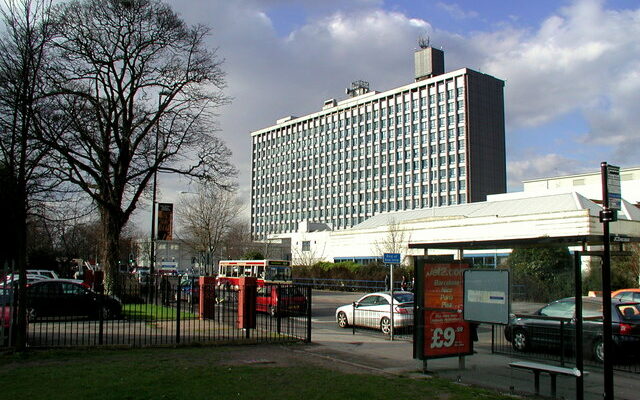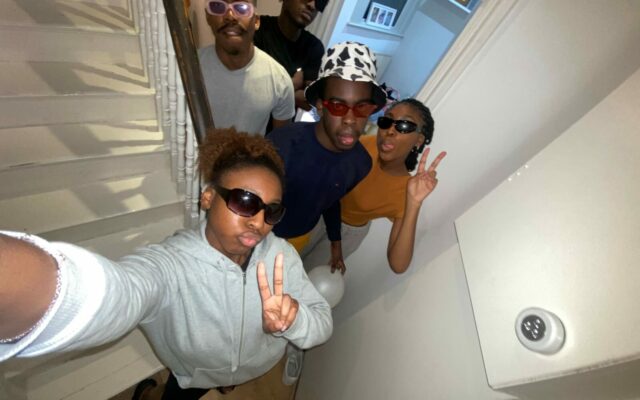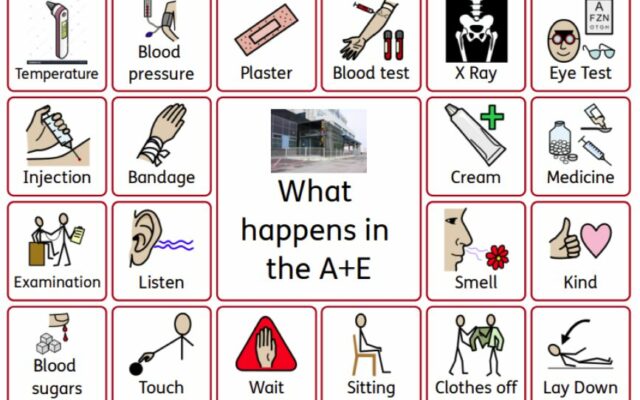When it comes to pregnancy and childbirth, research tells us that women with learning disabilities experience poorer outcomes and are more likely to have their children removed from their care. People with learning disabilities are one of the least likely groups to report a positive experience of maternity care.
In England, the government’s 2016 National Maternity Review set out a vision for a maternity service that improves outcomes, stating “people with learning disabilities would benefit from the option of accessing information in easy-read format, and healthcare professionals taking time to ensure that they understand what is happening and the choices they can make”.
But, eight years on, reasonable adjustments do not seem commonplace, and midwives feel they are unsupported in delivering good care to people with learning disabilities.
From project to practice
Inspired by the stories of parents with learning disabilities and research, since 2019 the Together Project has aimed to find out what good maternity care looks like for women with learning disabilities – and how to support it.
The Together Project at the University of Surrey, led by the university’s Dr Anna Cox, has received funding from Health Education England and the south regional part of its Intellectual Disabilities programme and the National Institute for Health and Care Research, Applied Research Collaboration Kent, Surrey and Sussex and its Clinical Research Network Kent Surrey and Sussex.
Many people have been involved in the three phases of the Together Project including parents with learning disabilities, researchers and health and care professionals.
Scott Watkin, for example, is a self-advocate and parent with a learning disability and is a co-investigator on the Together Project; his passion for improvement has shaped the project and its outputs.
Co-production is key to improving services for people who might need additional support
The first two phases developed three resources to support the workforce to deliver good maternity care to parents with learning disabilities (see box).
The Together Toolkit and educational film have been developed for professionals who support people with learning disabilities; the maternity passport is intended to be completed with and held by mothers-to-be with learning disabilities. They can also be held by other women who would prefer an accessible, paper-based maternity care plan.
Training future midwives
The third phase of the Together Project involves co-production, co-delivery and evaluation of learning disability awareness training for midwifery students which was funded by Health Education England in 2023 and ends in March this year.
Co-production is key to improving services for people who might need adjustments or additional support.
Two charities, Active Prospects and the Elfrida Society, have co-produced and co-delivered the learning disability awareness training for student midwives.
A team of experts with lived experience of learning disabilities attended five co-production workshops at the University of Surrey between February and June 2023.
Self-advocate leader Watkin co-led the sessions, which included seven other people with learning disabilities. They attended the sessions with advocates or support workers.
They developed training that included what they wanted the future midwifery workforce to understand and to support the skills needed to deliver good maternity care to people with learning disabilities.
In June, the same team of people with learning disabilities who had co-produced the learning disability awareness education co-delivered the training to over 100 student midwives at the University of Surrey. This included the resources developed and refined in earlier phases of the Together Project.
Students and trainers with learning disabilities fed back on their experience. One trainer told us: “I feel so proud to be in this project”; another participant said: “I hope we get a chance to do this again.”
I now feel more confident in knowing how to start the conversation with someone with a learning disability and how to make reasonable adjustments
The project is a example of true co-production. Students were inspired by the training, with one telling us: “To see people with learning disabilities being given a voice in this project was really very wonderful.”
Others described feeling ready to deliver good maternity care to people with learning disabilities in the future: “I now feel more confident in knowing how to start the conversation with someone with a learning disability and how to make reasonable adjustments to suit people’s individual needs.”
One of the recommendations from the Together Project is that maternity-specific learning disability awareness training should be incorporated into undergraduate courses to prepare midwives to deliver good maternity care to this population from the start of their practice.
We hope other universities will use our resources within training for their student midwives.
Helen Guest is co-production programmes manager, Active Prospects; Anna Cox is senior lecturer in health and social care, University of Surrey, a.cox@surrey.ac.uk





